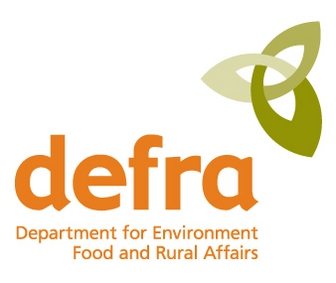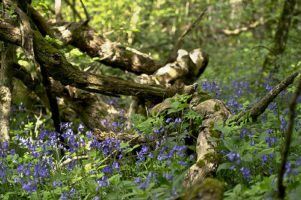

Environment
RSPB and The Wildlife Trusts criticise decision to cut funding for environment by up to 40%
Following Monday’s announcement regarding severe cuts across DEFRA, the RSPB and The Wildlife Trusts have come together to highlight what it could mean for the environment.
Dr Mike Clarke, the RSPB’s chief executive, said: “The Westminster Government is keen to talk about “difficult choices” but it seems increasingly clear that abandoning its obligation to ensure the UK is habitable is not very difficult for them at all.
“Five years ago DEFRA was at the front of the queue and took the joint largest cuts while other departments were still negotiating. When once again DEFRA is heavily cut ahead of other departments, talk of “difficult choices” is hard to take seriously.”
Economists at the RSPB have analysed the figures and have forecast what 30 per cent cuts could mean for the environment.
It’s estimated that a 30% cuts will lead to 57% real terms cuts – the largest of any department so far.
– 5,000+ staff redundancies meaning fewer people to, for instance, advise farmers on managing land with wildlife in mind, research and find solutions for conservation problems, and make legal commitments to cleaning up rivers, lakes and drinking water and regulate the quality of our air.
– Near 80% cuts in real terms since 2009/10 to many important areas of spend including wildlife conservation, air quality and water pollution if flood risk and animal and plant disease are protected.
– 60% of our wildlife continues to decline, while the UK Government has struggled to meet basic statutory targets for protecting our special protected areas. If the government is failing to meet current objectives, how likely is it that they will keep their manifesto promises for the natural environment?
Mike Clare continued: “This seems to us to be a truly perverse decision. A lack of resource is already damaging the UK Government’s ability to meet basic statutory obligations. These obligations aren’t ‘nice to haves’ – a healthy natural environment underpins our prosperity. Investing in environmental protection is an essential part of any plan for a better future”
Stephen Trotter, The Wildlife Trusts’ Director, England, said: “Even before yesterday’s announcement, the Government was only investing a tiny proportion of our national income in environmental stewardship and the restoration of wildlife habitats – its already far below the levels that we need. It will now be reduced to such low levels that there are real question marks over whether the Government can continue to deliver its most basic functions and responsibilities for the natural environment.
“When everything we depend on comes from the natural world this makes no sense for the economy and it makes no sense for the health and wellbeing of our society.
“The UK has been running up a massive environmental deficit over recent decades and which future generations will have to pay off. These cuts are a false economy and will undermine and jeopardise the future growth and development of the economy. I fear this is a missed opportunity for Government to start paying off the environmental debt that we’re leaving to our children and grand children.
“We are now faced with the extremely worrying prospect that Government no longer has the ecological literacy or functionality that society needs if we are to build a genuinely sustainable future.”
Mike Clarke added: “The UK Government is now faced with a simple choice. Either rethink this decision or, if these cuts do have to go ahead, ring-fence spending within other departments for environmental protection.”


 Environment12 months ago
Environment12 months agoAre Polymer Banknotes: an Eco-Friendly Trend or a Groundswell?

 Features11 months ago
Features11 months agoEco-Friendly Cryptocurrencies: Sustainable Investment Choices

 Features12 months ago
Features12 months agoEco-Friendly Crypto Traders Must Find the Right Exchange

 Energy11 months ago
Energy11 months agoThe Growing Role of Solar Panels in Ireland’s Energy Future





























